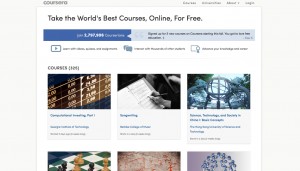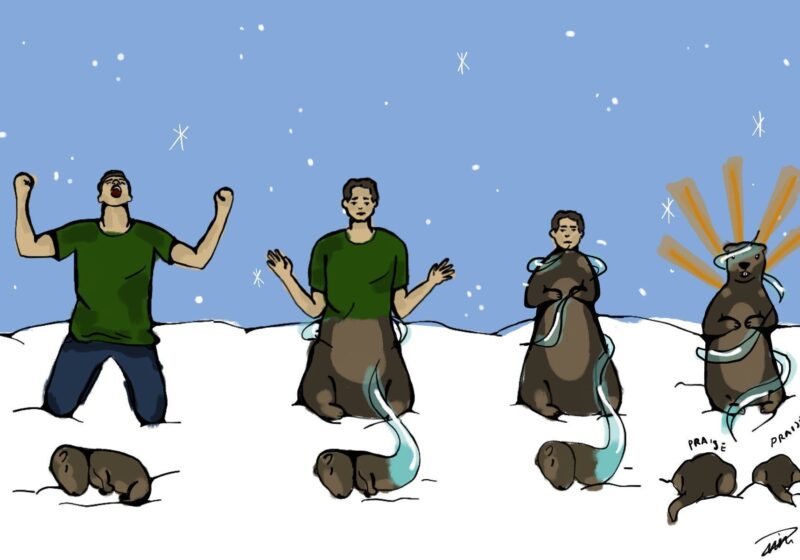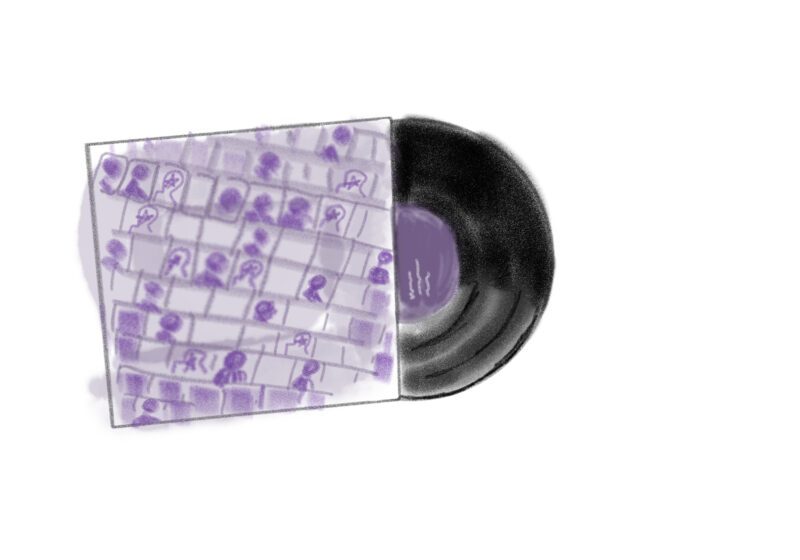Dean of the Hajim School of Engineering and senior vice president for research Robert L. Clark announced the University’s decision to partner with Coursera, an online education platform on Feb. 21.
As part of its involvement, UR will offer three new classes. The first will be a history of rock music class, taught by professor of music theory and director of the Institute for Popular Music at the Eastman School of Music John Covach. The course will cover a broad range of popular music, with artists ranging from Elvis to Nirvana.
“The course is a fantastic way of getting to know a broad range of music in the history of music, but also understanding the context that surrounds it,” Covach explained in a video. “A lot of students
who take the course already know something about rock music… but what’s interesting is over the course of the term, they learn a lot about music that they didn’t even know was there. Even the music they already know they learn a lot about the historical context.”
The second course, taught by Professor of Astrophysics Adam Frank, focuses on astronomy. “Confronting the big questions: highlights of modern astronomy” will cover four sections, including planets and life in the universe, the life of stars, galaxies and their environments, and the history of the universe. The course will begin with a discussion of our planet and its role in our solar system before continuing to discuss broader concepts such as the structure of the universe as well so the origin of other planets. Frank describes the intent of the course: “The purpose of this course is to try and touch on the big questions that astronomy asks. We’re going to ask questions like is there life on other planets? What happens in a black hole? And what is the origin of the universe? We’re going to do this by starting small and expanding outward.”
A third course will cover the fundamentals of audio and music engineering and will be taught by Clark himself as well as director of the audio and music engineering department Mark Bocko.
The course has been designed to teach students the basic concepts of acoustics and electronics and how these can be related to musical sounds and the making of music. Topics to be covered will include sound waves, musical sounds, basic electronics, and the application of these basic principles in amplifiers and speaker design.
UR is one of 33 universities to incorporate the Coursera platform this year, joining the 28 schools already participating. The new additions include 16 international institutes, broadening the courses offered as well as introducing courses that will be taught in their native languages.
Launched in April 2012, Coursera has accrued 2.5 million members as of November 2012. Most recently, 5 courses were approved for college credit, with a final exam to be proctored at the end of the semester by the online service ProctorU. While all classes on Coursera are free, in order for these courses to be taken for college credit, the final service must be paid for, costing approximately $70.
These actions by UR and the accompanying schools herald an age of educational accessibility unlike any other. Clark hopes to focus online efforts with Coursera to seek “new ways to make use of technology in the classroom and online for the benefit of our students, faculty, and other members of our community.”
Smith is a member of the class of 2014.





